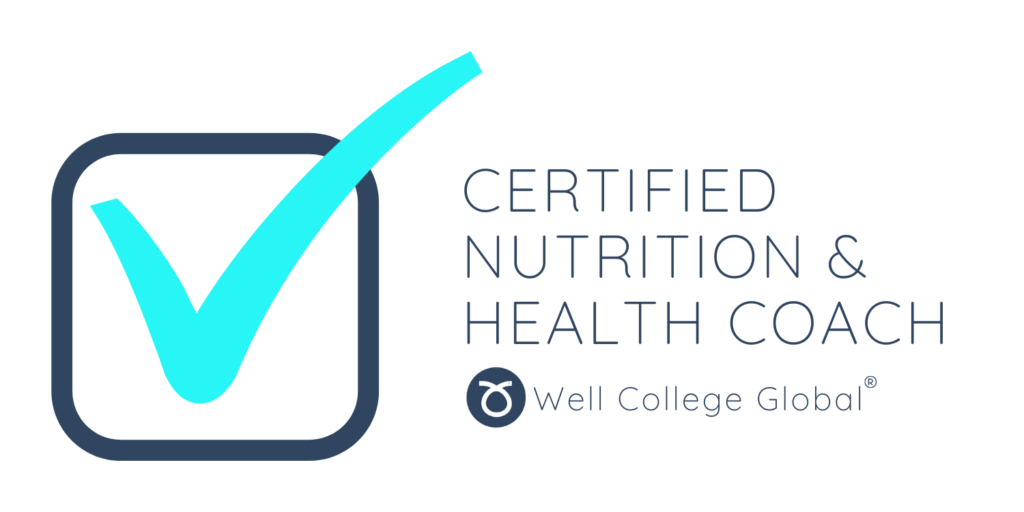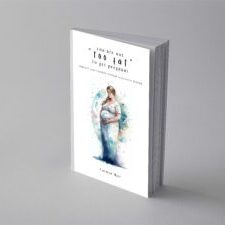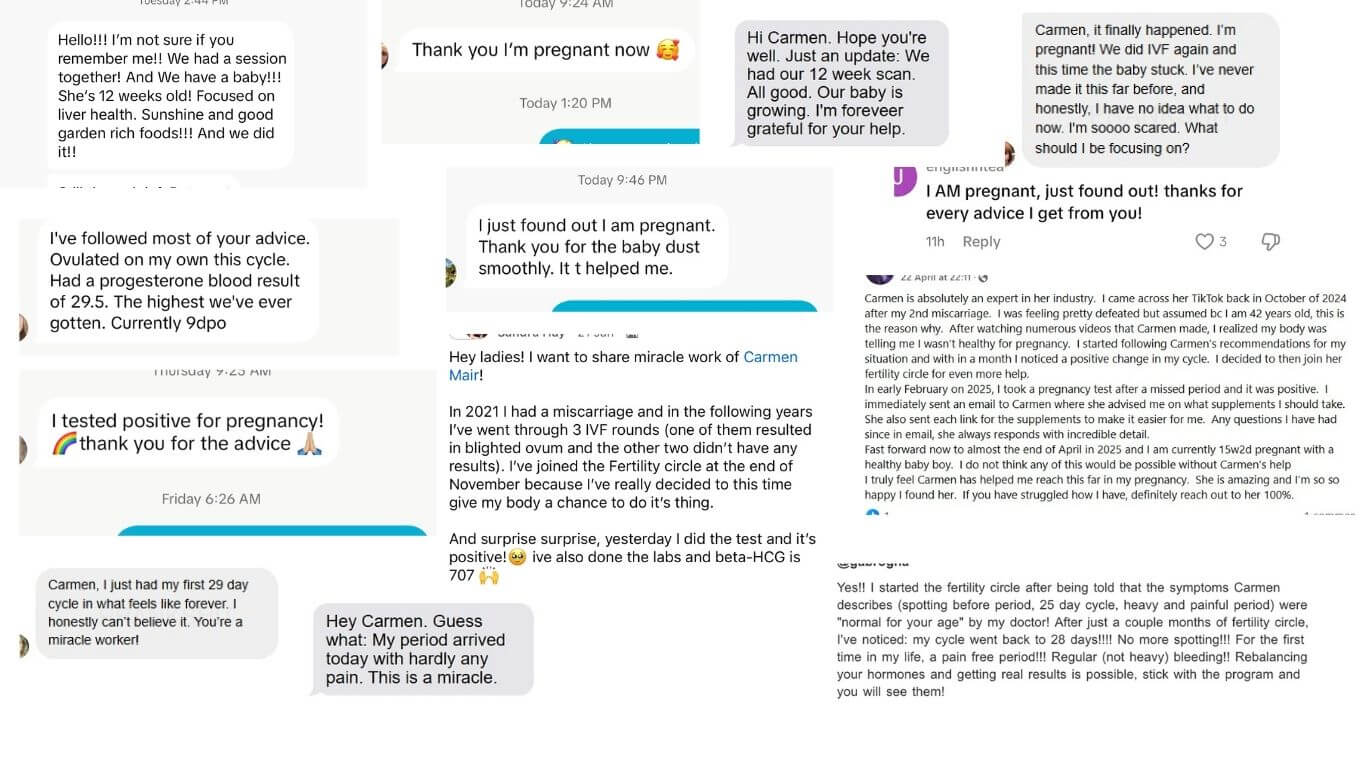From Heartbreak to Holding Your Baby
STOP CHASING TWO LINES. START CREATING LIFE THAT LASTS.
Booking & Advice
Let me help you to re-start your reproductive system.
Your fertility journey has been a masterclass in heartbreak.
Every negative test. Every early miscarriage. Every well-meaning person who told you to "just relax." Every doctor who focused only on your weight while your dreams crumbled.
But what if that pain was preparing you for your greatest transformation?
What if every "failed" cycle was teaching your body exactly what it needs to not just conceive, but to carry, nourish, and deliver the healthy baby you're meant to hold?
You're living in the space between hope and devastation. Every month brings the same crushing disappointment. You're tired of people who've never struggled telling you what to do. You're tired of being treated like a number on a scale instead of a woman with dreams
What if the problem isn't your weight? What if it's not your age? What if it's not even your diagnosis? What if the real issue is that nobody's preparing your body to not just get pregnant, but to STAY pregnant and deliver a healthy baby?
This is where everything changes. Where you stop chasing pregnancy and start building the foundation for motherhood. Where your body becomes not just fertile, but fully equipped to create, nurture, and deliver the life growing inside you.
Instead of holding another negative pregnancy test, you're holding your healthy, full-term baby. Instead of grieving another loss, you're celebrating a successful delivery. Instead of wondering "what's wrong with me," you're marveling at what your body accomplished.
This isn't fantasy. This is your future when you prepare for the WHOLE journey.





About Me
Carmen Mair: Your Coach to Holistic Fertility & Hormonal Balance
My journey to becoming a fertility and women's health coach was deeply personal. From navigating unexplained health issues to overcoming weight challenges and dealing with a health care system that doesn't care and often overlooks the root causes. I've walked a similar path to many of the women I now support in Melbourne and worldwide. This personal experience fuels my commitment to providing truly empathetic and effective guidance.
Trained as a Certified Nutrition & Health Coach and Mindfulness Expert, with additional expertise in NLP and Hypnotherapy, I believe in looking beyond the obvious. I focus on uncovering the root causes of fertility struggles – hormonal imbalances, lifestyle factors, and more – offering a holistic approach that empowers natural conception.
If you're feeling let down by the system and are seeking a passionate advocate who will delve deeper into your individual needs and empower you on your fertility journey, I'm here to help. Learn more about our holistic approach and the supportive community in The Fertility Circle.
Start Improving Your Fertility Today!

Copyright © 2023 Carmen Mair. All rights reserved.






